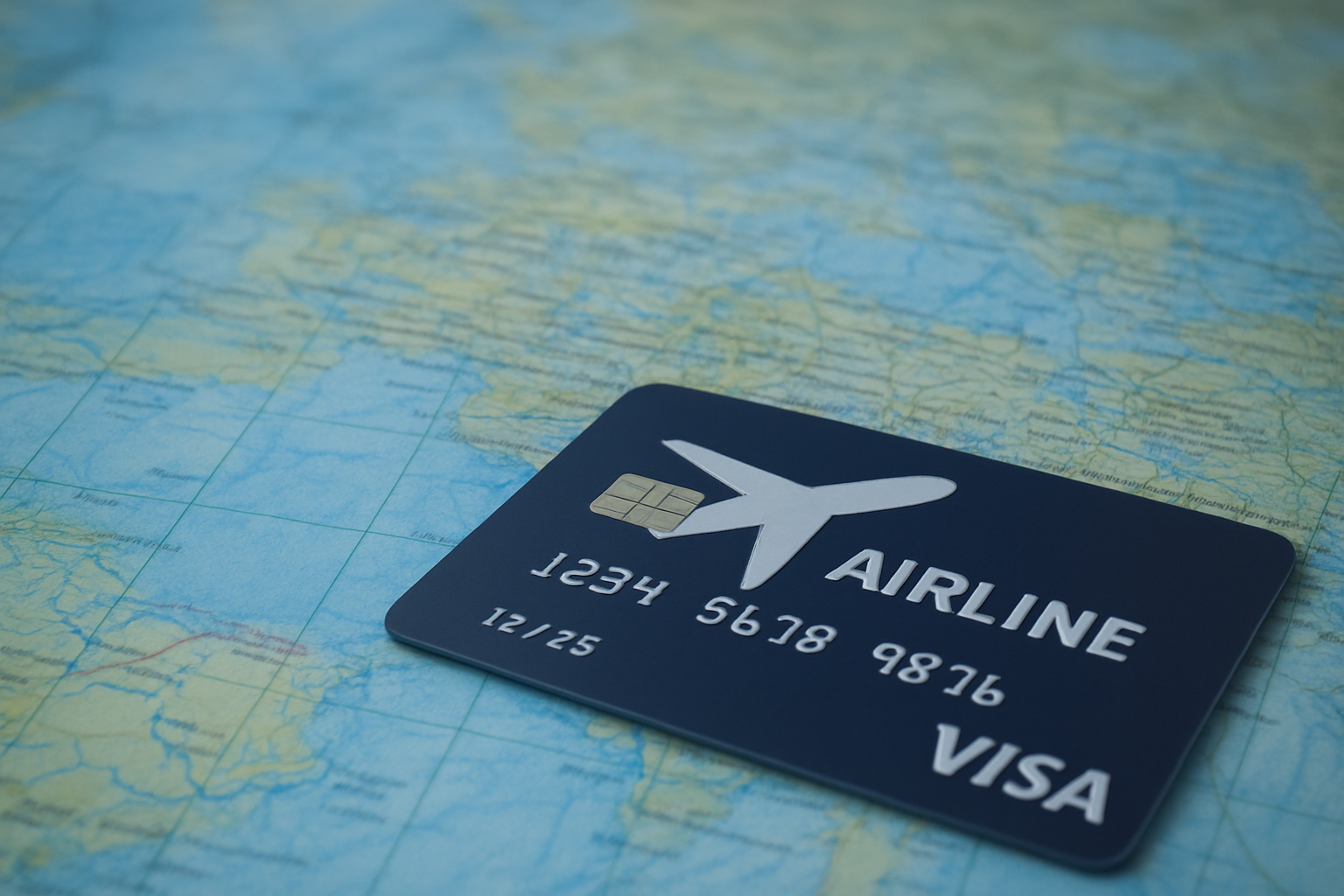How to Track and Minimize Business Expenses as a Freelancer
The freelance lifestyle offers unparalleled freedom and flexibility, but with this independence comes the responsibility of managing your own financial ecosystem. For those balancing work while exploring the world, keeping business expenses in check can be particularly challenging. Without vigilant oversight, costs can quickly escalate, eroding your hard-earned income. This guide explores practical strategies and essential tools to help you master your business finances, allowing you to focus on delivering exceptional work while embracing your nomadic adventures.
Why Expense Management Is Your Financial Cornerstone
Effective expense tracking isn’t just bookkeeping busywork—it’s the foundation of a sustainable freelance career. When you maintain clear visibility of your financial outflows, you gain the power to make strategic decisions based on data rather than assumptions. This organization transforms tax season from a dreaded ordeal into a manageable process. Perhaps most importantly, diligent expense management reveals opportunities to trim unnecessary costs, freeing up capital to reinvest in your growth or enhance your quality of life.
Navigating the Hidden Financial Currents of Remote Work
While the digital nomad lifestyle eliminates traditional office overhead, it introduces its own unique set of expenses that can silently drain your resources:
- Accommodation costs that fluctuate dramatically across different regions
- Transportation expenses between destinations
- Coworking space fees and digital infrastructure
- Essential software subscriptions and digital tools
- Global connectivity and communication expenses
Each of these categories requires thoughtful monitoring to preserve your profit margins. Let’s explore how to optimize these necessary expenditures.
Digital Companions for the Financially Savvy Freelancer
Expense Tracking Solutions
The cornerstone of financial management is visibility, and modern expense tracking apps provide exactly that. Consider these powerful options:
Expensify transforms expense management with its intuitive interface and smart automation. Snap photos of receipts on the go, track mileage with GPS, and enjoy seamless integration with your preferred accounting software.
QuickBooks Self-Employed offers a comprehensive solution tailored specifically for independent professionals. Beyond expense categorization, it provides invoicing capabilities and helps forecast tax obligations—essential for planning your financial future.
Wave proves that powerful financial tools don’t always require a premium price tag. This free platform balances robust expense management with professional invoicing features, making it ideal for freelancers building their business.
These digital assistants not only save precious time but also generate comprehensive reports that simplify tax filing and provide valuable insights into your financial patterns.
Budgeting Tools for Fluctuating Income
The traditional monthly budget model rarely serves freelancers well due to income variability. Specialized budgeting applications help you adapt to this reality:
YNAB (You Need A Budget) stands out with its forward-thinking methodology. Rather than focusing solely on tracking past spending, it helps you allocate current resources intentionally across both business necessities and personal priorities.
Mint provides a consolidated financial dashboard by aggregating all your accounts in one intuitive interface. Its analytical tools reveal spending patterns you might otherwise miss, highlighting opportunities for optimization.
A well-implemented budget isn’t restrictive—it’s liberating. By establishing clear financial boundaries, you gain the confidence to make informed decisions about both business investments and personal indulgences.

Strategic Expense Reduction Without Compromise
Reimagining Your Workspace
A professional environment enhances productivity, but dedicated office space can consume a significant portion of your budget. Consider these alternatives:
- Embrace flexible coworking options that allow hourly or daily access instead of committing to monthly memberships
- Discover the hidden network of free workspaces in libraries, cultural centers, and business-friendly cafés
- Explore co-living communities that integrate workspace amenities, combining housing and office costs
This flexible approach provides the professional atmosphere you need without unnecessary financial burden.
Mastering Software Economics
The digital toolkit that powers your work can represent a substantial recurring expense. Optimize these costs through strategic approaches:
- Leverage your status as an independent professional to negotiate preferential rates—many companies offer freelancer discounts not advertised publicly
- Explore open-source alternatives that provide comparable functionality without the subscription fees
- Create collaborative arrangements with fellow freelancers to share the cost of premium tools through multi-user plans
Remember that every dollar saved on unnecessary software is a dollar available for genuine business development or personal enjoyment.
Smarter Transportation Strategies
For location-independent professionals, transportation costs can quickly accumulate. Consider these tactics to preserve your travel budget:
- Embrace slow travel by extending stays in each location, allowing you to secure better accommodation rates while reducing transit expenses
- Master the art of finding flight deals through fare alerts, flexible date searches, and strategic booking windows
- Immerse yourself in local transportation networks rather than relying on tourist-oriented options
These approaches not only reduce costs but often lead to richer cultural experiences and deeper connections with each destination.
Tax Optimization: The Hidden Profit Center
Many freelancers overlook the substantial financial benefit of proper tax planning. Understanding available deductions can dramatically improve your bottom line:
Home Office Considerations
When your accommodation doubles as your workplace, you may qualify for valuable tax benefits. The simplified home office deduction provides straightforward calculation based on your dedicated workspace, translating square footage into direct tax savings.
Business Travel Deductions
The intersection of work and travel creates unique tax opportunities. Keep meticulous records of expenses related to:
- Transportation to locations for client meetings or work-related events
- Accommodations during business-focused travel periods
- Meals connected to business development or professional networking
Professional Development and Tools
Investments in your business capabilities typically qualify as legitimate business expenses. This includes:
- Digital and physical tools that enable your work
- Software subscriptions and cloud services
- Educational resources that enhance your professional skills
Tax preparation tools like TurboTax and H&R Block can help identify deductions you might otherwise miss, turning tax compliance from a burden into a strategic advantage.
The Economics of Outsourcing
The decision to handle everything yourself or delegate certain tasks involves nuanced financial calculations. Consider these perspectives:
- Hiring specialized support for administrative tasks can free your time for higher-value work, potentially increasing overall revenue
- Professional financial assistance can prevent costly errors and identify optimization opportunities that exceed their cost
- Your unique skills have specific market value—tasks that fall outside your expertise may be more economically handled by specialists
Effective outsourcing isn’t about luxury—it’s about optimizing your most valuable resource: your time and creative energy.
Mastering Cash Flow in an Irregular Income Environment
For freelancers, consistent cash flow often matters more than total annual revenue. Implement these practices to maintain financial stability:
- Create a “business emergency fund” equal to at least three months of expenses to smooth out income variations
- Develop a proactive invoicing system with clear payment terms and automated follow-up
- Consider offering modest early payment incentives to accelerate client payments
A robust cash flow management system transforms unpredictable income into a manageable financial landscape.
Navigating the Global Currency Maze
International freelancing introduces currency complexity that can significantly impact your effective earnings. Minimize these hidden costs through:
- Multi-currency platforms like Wise that offer dramatically better exchange rates than traditional banking systems
- Strategic pricing in stable currencies that protect you from exchange rate volatility
- Timing currency conversions to take advantage of favorable market conditions
Mastering the currency dimension of global freelancing can preserve several percentage points of your income that might otherwise be lost to exchange inefficiencies.
Building Financial Resilience for Long-Term Success
The ability to track and minimize expenses while maintaining high-quality service delivery isn’t just about short-term profit—it’s about creating a sustainable freelance business that can weather economic fluctuations and support your evolving lifestyle.
By implementing these financial strategies, you create the freedom to make choices based on opportunity rather than necessity. Your freelance journey becomes less about financial survival and more about professional fulfillment and personal exploration—the true promise of the independent professional lifestyle.
Remember, effective financial management isn’t about restriction—it’s about intentional choice. Every dollar saved through thoughtful optimization is one you can redirect toward experiences that matter, professional growth that excites you, or investments in your future security.
Related Post: The 20 Best Travel Apps and Sites: Before, During, and After Your Trip
Additional Resources and Tools:
- Expensify – Expense tracking for freelancers: Expensify
- QuickBooks Self-Employed – Manage your freelancing finances: QuickBooks
- Wave – Free accounting software for small businesses: Wave
- YNAB (You Need A Budget) – Budgeting app for freelancers: YNAB
- Mint – Budgeting and expense tracking made simple: Mint
- TurboTax – Tax preparation software for freelancers: TurboTax
- Wise (formerly TransferWise) – Multi-currency account for freelancers: Wise













